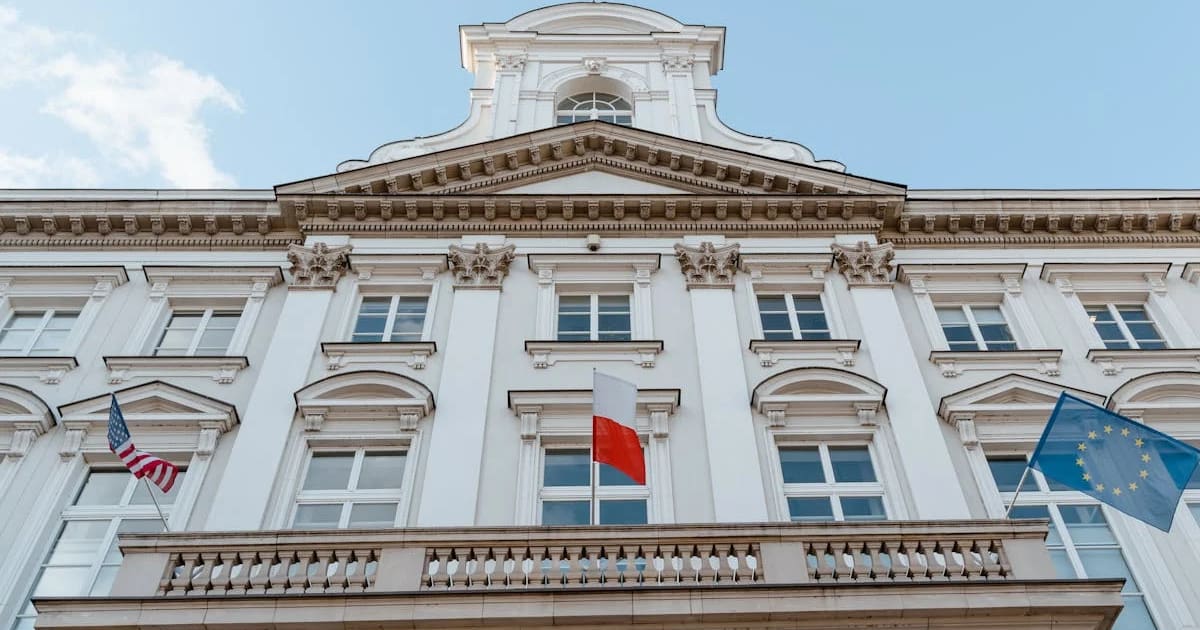
In a significant development that has sparked international concern, religious leaders and opinion makers from around the world have delivered a joint protest statement to the South Korean government, condemning the abrupt cancellation of a major religious event scheduled for October 30 in Paju, South Korea. The cancellation, which occurred just hours before the event was set to begin, has raised serious questions about religious freedom and administrative decision-making in the country.
The ‘Religious Leaders Forum and Graduation Ceremony,’ organized by two prominent religious organizations, was expected to draw over 30,000 participants from 78 countries, including 1,000 religious leaders representing various faiths such as Christianity, Buddhism, Islam, and Hinduism. However, the Gyeonggi Tourism Organization (GTO), a public entity under Gyeonggi Province, cancelled the venue rental at 11 pm on October 29, citing security concerns related to recent North Korean actions.
The joint protest statement, signed by 402 organizations, 758 religious representatives, and 977 individuals globally, totaling 1,735 signatories, emphasizes the psychological and financial damage caused to international participants. The statement argues that the cancellation constitutes an unconstitutional act of discrimination against a specific religion, violating religious freedom, human rights, and due process of law.
The controversy has drawn attention to Article 20 of the South Korean Constitution, which guarantees freedom of religion for all citizens. Critics argue that the government’s action directly contradicts this constitutional provision and sets a dangerous precedent for religious discrimination.
The joint statement demands accountability from the South Korean government, calling for an official apology from the Gyeonggi Provincial Government and the Gyeonggi Tourism Organization to both domestic and international religious organizations. It also urges the government to take appropriate disciplinary actions against officials responsible for the decision and to strengthen fair and transparent venue reservation procedures.
The incident has garnered international attention, with over 88 global leaders, including international law experts, religious leaders, education experts, and journalists, sending official documents and protest letters to the Republic of Korea. These letters express shock and disappointment at the administrative action and demand prompt and appropriate measures to address the situation.
The cancellation’s timeline has raised further questions about the decision-making process. The event organizers had received approval for the rental in July, paid the full rental fee in October, and participated in a working-level meeting to discuss event details and safety plans. Despite assurances from officials that the event would proceed as planned, even after Paju City was designated a danger zone due to potential North Korean provocations, the cancellation was announced at the last minute.
Critics of the decision point out that other events in the same area proceeded without disruption both before and after the cancelled religious gathering. This inconsistency has led to allegations that pressure from opposing groups, including vested religious interests, may have influenced the government’s decision.
The controversy surrounding this event cancellation highlights the delicate balance between security concerns and religious freedoms in South Korea. It also underscores the importance of transparent and fair administrative processes in maintaining public trust and upholding constitutional rights.
As the situation continues to unfold, the international community watches closely to see how the South Korean government will respond to the demands for accountability and assurances of religious freedom. The outcome of this controversy could have far-reaching implications for religious organizations operating in South Korea and set a precedent for how similar situations are handled in the future.
The incident serves as a reminder of the ongoing challenges in protecting religious freedoms globally and the need for governments to carefully consider the implications of their administrative decisions on fundamental rights and international relations. As the world becomes increasingly interconnected, the handling of such sensitive issues can have significant diplomatic and cultural repercussions beyond national borders.

This news story relied on a press release distributed by 24-7 Press Release. Blockchain Registration, Verification & Enhancement provided by NewsRamp™. The source URL for this press release is Global Religious Leaders Condemn South Korean Government’s Cancellation of International Religious Event.